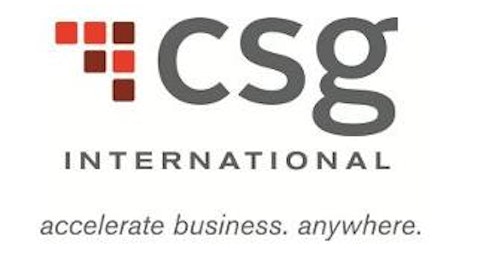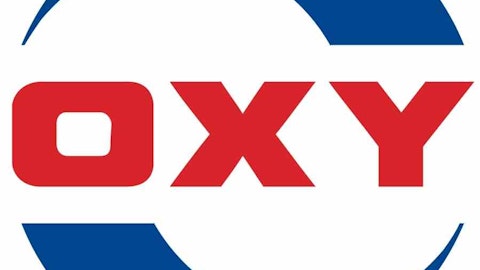Diamond Hill Capital is a fund managed by Ric Dillon which recently filed its 13F for the second quarter of 2012 with the SEC. Diamond Hill is one of the successful funds that have grown its assets under management into the billions as a result of its long-term investment approach based on fundamental value. Diamond Hill Capital doesn’t recommend or endorse any of the stocks or analysis in this article, and we have no relationship with the fund, but based on SEC filings these are our opinions of what they are thinking. Read on to see the fund’s largest reported positions or compare them to previous portfolio filings.
Diamond Hill Capital’s largest position was its 3.5 million shares of Occidental Petroleum Corporation (NYSE:OXY), up from the 2.9 million it had held at the end of the first quarter. Occidental is a large ($73 billion market cap) oil & gas exploration & production company. Occidental Petroleum Corporation (NYSE:OXY) has operations across the U.S. as well as in South America and the Middle East. The company trades at fairly low multiples, with both the trailing and forward P/E ratios being 12. Occidental has also been a favorite of other hedge funds; Ralph Whitworth’s Relational Investors owned 6 million shares at the end of March.
The fund also owned 3.2 million shares of United Technologies Corporation (NYSE:UTX), up slightly from the 3 million it had held three months earlier. The conglomerate is responsible for products ranging from Otis elevators to aircraft engines and has lagged the market this year, up only 3%. The business has been stagnant recently but sell-side analysts expect enough growth in the next few quarters to push its forward P/E to 12. Dan Loeb’s Third Point initiated a large position in United Technologies Corporation (NYSE:UTX) in the first quarter of 2012.
The third largest holding in Diamond Hill’s portfolio according to the 13F filing was Abbott Laboratories (NYSE:ABT), a diversified healthcare company producing pharmaceuticals, diagnostics, and devices. The fund owned 3.7 million shares, roughly even with its position in the previous quarter. A number of statistics make Abbott Laboratories (NYSE:ABT) an attractive investment: including its 3.1% dividend yield, its forward P/E of 12, and its beta of 0.5. However, the company reported a decline in earnings in its most recent earnings announcement compared to the same period in 2011.
Pfizer Inc (NYSE:PFE) squeezed onto our list of the ten most popular stocks among hedge funds for the first quarter of 2012 at #10. Diamond Hill added a small number of shares to its portfolio to bring its position to 9.8 million shares, putting it at the #4 position for the fund. Pfizer Inc (NYSE:PFE) is another high-yielder in the healthcare sector with a 3.6% dividend yield, and its drug portfolio powered it to a 25% increase in earnings in its most recent quarter compared to the same quarter last year. Pfizer Inc (NYSE:PFE)’s trailing P/E is 18 and its forward multiple is only 10, with the company having beaten earnings expectations each of the last four quarters.
Rounding out Diamond Hill’s top five holdings is Medtronic Inc (NYSE:MDT), which the fund reported owning 5.8 million shares of as of the end of the second quarter (up from 5.4 million at the end of March). Medtronic Inc (NYSE:MDT) concentrates on cardiac and cardiovascular devices and reported good earnings growth in its most recent quarter but also returns good cash to its shareholders through a 2.6% dividend yield and trades at sub-teen multiples. Its trailing price-to-earnings ratio is 12 and the forward P/E if 10, making it another good value stock in the healthcare sector.
There wasn’t a lot of change in Diamond Hill’s portfolio this quarter. Three of its top five positions are healthcare related, but pay good dividends; United Technologies carries a 2.8% dividend yield as well. We think that Diamond Hill is biding its time in the market, collecting sure cash and waiting for the healthcare sector in particular to rally (or, alternatively, simply seeking downside protection in case of poor growth in the U.S.).






